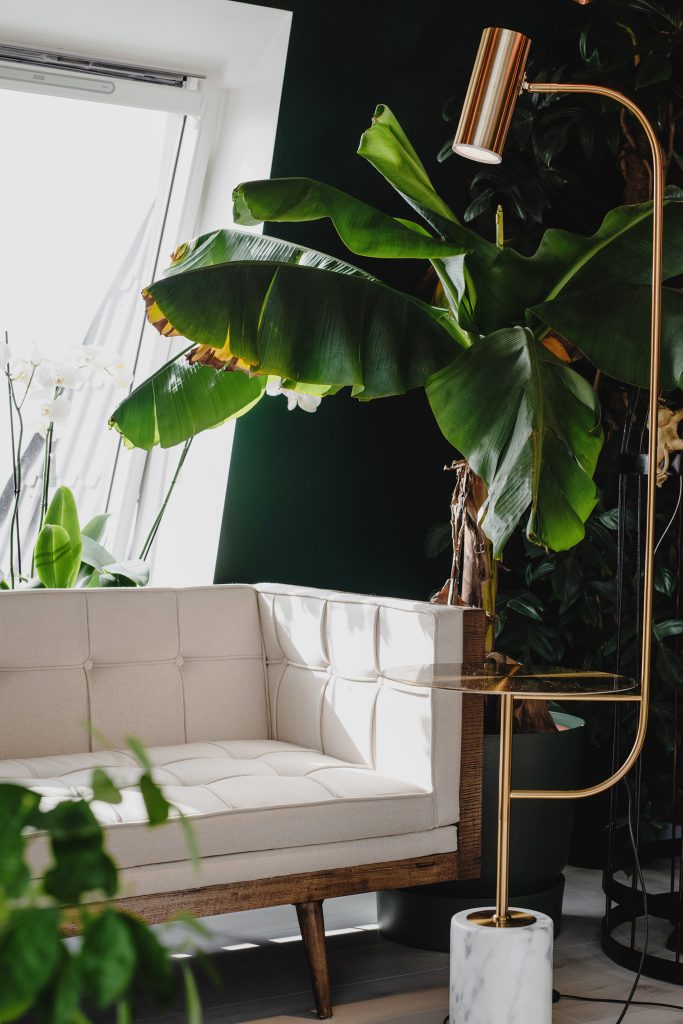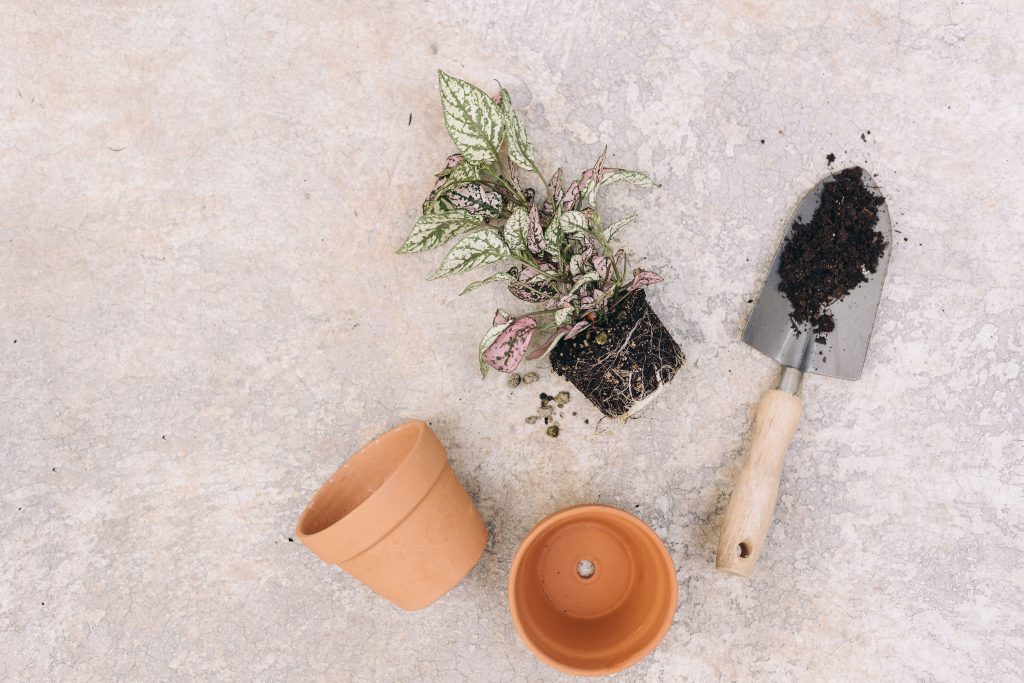Organic Pest Control Made Simple: Keep Your Garden Thriving Without Chemicals
Few things are more frustrating than walking into your garden and seeing leaves full of holes, plants drooping, or aphids having an all-you-can-eat buffet on your hard work. Pests happen—it’s just part of gardening—but you don’t have to reach for harsh chemicals to deal with them.
The truth is, there are plenty of natural, safe, and effective ways to keep bugs in check while still keeping your garden healthy and chemical-free. And the bonus? Most of these methods are budget-friendly and easy to use, even for beginners.
Here’s how to keep pests under control without turning your garden into a science experiment.

1. Attract the Good Bugs
Not all bugs are bad. In fact, some are your garden’s best defense. Ladybugs, lacewings, and parasitic wasps all love feasting on common pests like aphids and caterpillars.
How to do it:
- Plant flowers like marigolds, dill, and yarrow to attract beneficial insects.
- Avoid spraying chemicals that wipe out the good guys along with the bad.
2. Handpick When You Can
It’s not glamorous, but sometimes the best solution is the simplest: just pick pests off your plants. Large bugs like caterpillars, beetles, or slugs can often be removed by hand.
Tip: Keep a small bucket of soapy water nearby to drop them into. It’s quick, effective, and totally chemical-free.
3. Use Neem Oil
Neem oil is one of the most popular organic pest control options. It works by disrupting pests’ life cycles and acts as a repellent. Best of all, it’s safe for beneficial insects when used correctly.
How to use: Mix a small amount with water and spray directly onto leaves, especially the undersides where bugs like to hide.
4. Soap and Water Spray
For soft-bodied pests like aphids and whiteflies, a simple spray of mild liquid soap mixed with water works wonders. It suffocates the pests without harming your plants.
DIY recipe: 1–2 teaspoons of mild liquid soap per quart of water. Spray directly onto affected plants.
5. Diatomaceous Earth
This powder looks harmless, but to small insects, it’s like crawling over glass. Sprinkle food-grade diatomaceous earth around the base of your plants to deter slugs, beetles, and ants.
Just remember—it loses effectiveness after rain, so reapply as needed.
6. Companion Planting
Some plants naturally repel pests, and pairing them with vulnerable crops can protect your garden. For example, basil helps keep mosquitoes and flies away, while marigolds repel nematodes.
A few easy combos:
- Tomatoes + basil
- Carrots + onions
- Roses + garlic
7. Row Covers
Lightweight fabric row covers are a great way to physically block pests while still letting in sun and water. They’re especially useful for protecting seedlings and delicate crops.
8. Keep Your Garden Clean
Sometimes pests thrive because we accidentally roll out the red carpet for them. Dead leaves, rotting fruit, and weeds give pests the perfect hiding spots. Regularly cleaning up your garden beds reduces the chances of an infestation.
9. Rotate Your Crops
Planting the same thing in the same spot year after year makes it easy for pests to settle in. By rotating crops (for example, not planting tomatoes in the same bed two years in a row), you disrupt their cycle and keep populations down.
10. Be Patient and Observant
Organic pest control isn’t about wiping every bug out—it’s about balance. Some pests will always be there, but with the right practices, their numbers stay manageable. Check your plants regularly and act early before problems get out of hand.
Wrapping It Up
A thriving garden doesn’t need chemicals to stay healthy. By encouraging beneficial insects, using natural sprays, and keeping your garden clean, you’ll protect your plants and your soil without harming the environment.
Start with one or two of these methods and build from there. The more you learn to work with nature instead of against it, the easier gardening becomes—and the more rewarding it feels.
Your plants stay happy, your harvest stays safe, and your garden stays thriving—all without a single chemical spray.



